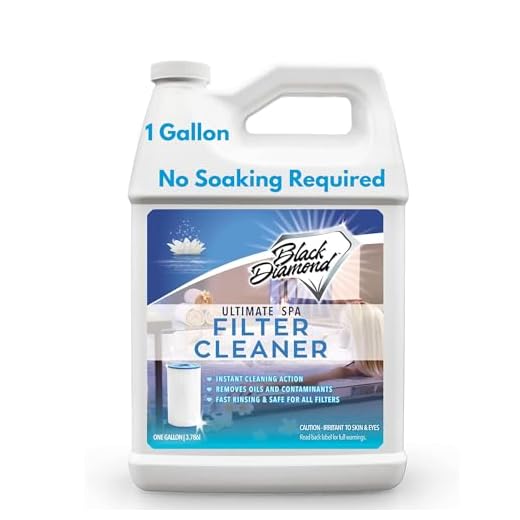
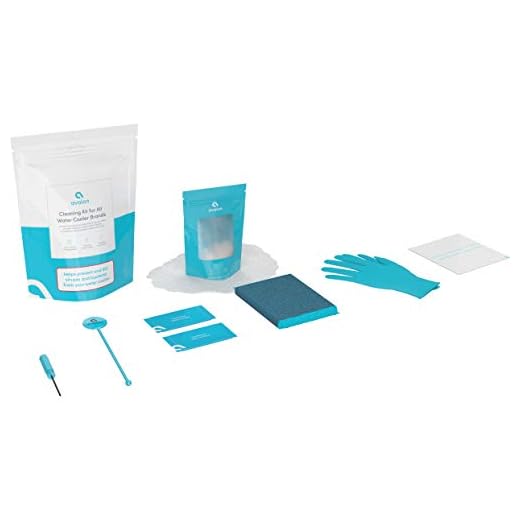
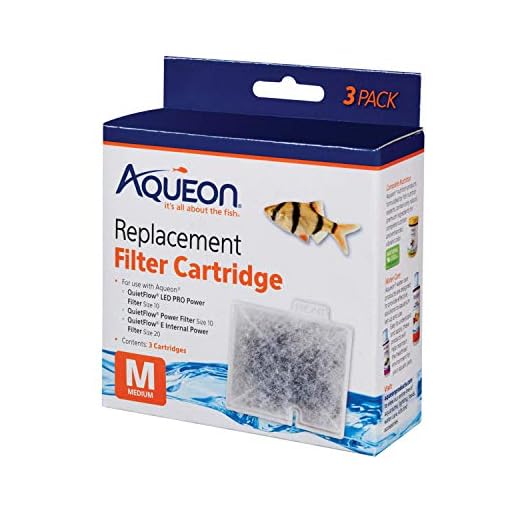
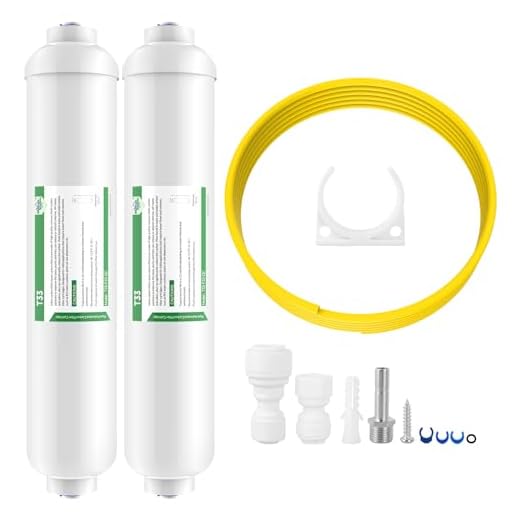
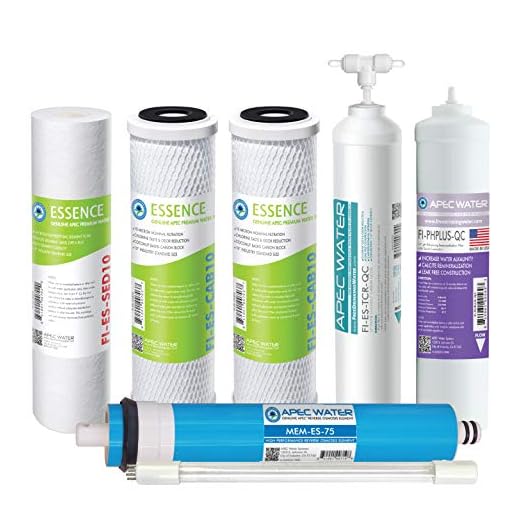
Frequency of Water Filter Sanitization
To maintain optimal functionality and safety, water filters should be sanitized regularly. A general guideline suggests cleaning filters at least every six months, although specific recommendations can vary based on the type of filter used. For instance, pitchers with activated carbon filters might require more frequent maintenance compared to under-sink or reverse osmosis systems. Factors such as water quality and usage frequency also play a crucial role in determining how often sanitization is necessary.
Homeowners should pay close attention to any signs of reduced water flow or unusual tastes and odors, as these may indicate the need for immediate cleaning or replacement. It’s essential to check the manufacturer’s guidelines for your water filter model, as adherence to these instructions can help ensure effective sanitization. By keeping a regular cleaning schedule, you not only extend the life of the filter but also ensure that your water remains clean and safe for consumption.
Guidelines Based on Usage and Type of Filter
The frequency of sanitization varies based on the type of water filter you use and how often it’s in operation. For activated carbon filters, it’s recommended to sanitize every six months, as they tend to accumulate harmful contaminants more easily. Reverse osmosis systems, on the other hand, may require sanitation every year due to their complex filtration processes. If you utilize your filter more intensively, such as in households with high water consumption, consider shortening the intervals.
Different filters may have specific cleaning procedures. It’s essential to consult the manufacturer’s instructions to ensure compatibility with specific sanitizing solutions. Some filters may require only a simple disassembly and rinsing, while others need chemical sanitization or UV treatment. Adhering to these guidelines not only prolongs the life of your system but also maintains water quality and safety.
Tools and Supplies Needed for Sanitation
To effectively sanitize your water filter, having the right tools and supplies is crucial. Start with items such as a clean sponge or cloth, and a soft brush to clear away debris without damaging the filter. A bucket or large basin also helps in containing any runoff water. Additionally, purchasing specialized filter cleaning kits can simplify the process and ensure thorough sanitization.
Cleaning solutions should include mild dish soap and a solution of vinegar and water, as these can effectively kill germs without leaving harmful residues. It’s important to use gloves during the process to protect your hands from potential irritants. Finally, a container for rinsing and drying the filter will help prevent any lingering contaminants and maintain optimal filter performance.
Essential Items to Safely Clean Your Filter
To effectively sanitize your water filter, it is vital to have the right tools and supplies on hand. A soft brush can help remove debris from the outside surfaces without causing damage. For deeper cleaning, a mild soap or a specialized cleaning solution designed for water filters ensures safe and effective sanitation. Additionally, a clean cloth or sponge will aid in wiping down the various parts of the filter system.
Safety should always be a priority when cleaning. Using gloves protects your hands from harsh cleaning agents. If your filter includes carbon or other media, be sure to have a replacement ready, as some cleaning methods may diminish their efficacy. Following these guidelines will not only enhance the lifespan of your water filter but also ensure you maintain a high standard of water quality.
Impact of Neglected Water Filters
Neglecting regular sanitation of water filters can lead to significant health risks. Over time, contaminants can accumulate, creating a breeding ground for harmful bacteria and parasites. When these microorganisms proliferate, they can easily get into the water supply, putting users at risk for gastrointestinal issues and other health problems.
In addition to health concerns, dirty filters can compromise the overall efficiency of the filtration system. A clogged or contaminated filter struggles to perform its function properly. This decreased effectiveness not only results in poor-quality water but can also cause increased wear on the filtration unit, leading to more frequent replacements and higher maintenance costs.
Risks Associated with Bacterial Growth and Contamination
When water filters are not properly sanitized, they become breeding grounds for harmful bacteria and pathogens. Stagnant water and organic material can accumulate in filters over time, creating an ideal environment for microbial growth. Consuming water contaminated with these bacteria poses health risks, including gastrointestinal illnesses and other infections. The presence of bacteria can compromise the effectiveness of the filter, rendering it incapable of providing clean water.
Contamination is not limited to pathogenic organisms alone. It can also involve harmful chemicals and toxins that, if left unchecked, may leach into your drinking water. This situation can arise from the breakdown of filter materials or from external sources that infiltrate compromised filtration systems. Regular sanitation minimizes these risks, ensuring that the water you consume is not only free from visible impurities but also from invisible threats that could jeopardize your health and well-being.
FAQS
How often should I sanitize my water filter?
The frequency of sanitization depends on usage and the type of filter you have. It’s generally recommended to sanitize your water filter every 3 to 6 months, but if you use it heavily or notice any issues, you may need to do it more frequently.
What tools do I need to sanitize my water filter?
Essential items for sanitizing your water filter include a soft brush, mild soap, white vinegar or a solution specifically designed for cleaning filters, and clean water for rinsing.
What happens if I neglect my water filter?
Neglecting your water filter can lead to bacterial growth and contamination, which may compromise the quality of your drinking water and pose health risks.
Are there specific guidelines for different types of water filters?
Yes, guidelines can vary based on the type of filter. For example, carbon filters may need more frequent cleaning compared to reverse osmosis systems. It’s important to refer to the manufacturer’s recommendations for specific instructions.
How can I tell if my water filter needs to be sanitized?
Signs that your water filter may need sanitization include changes in water taste or odor, reduced flow rate, or visible buildup of dirt or debris on the filter. Regular monitoring can help determine when cleaning is necessary.
Related Links
Historical Methods of Cleaning Water Filters
Why Regular Cleaning of Water Filters is Essential
Round Up of Best Practices for Water Filter Maintenance

